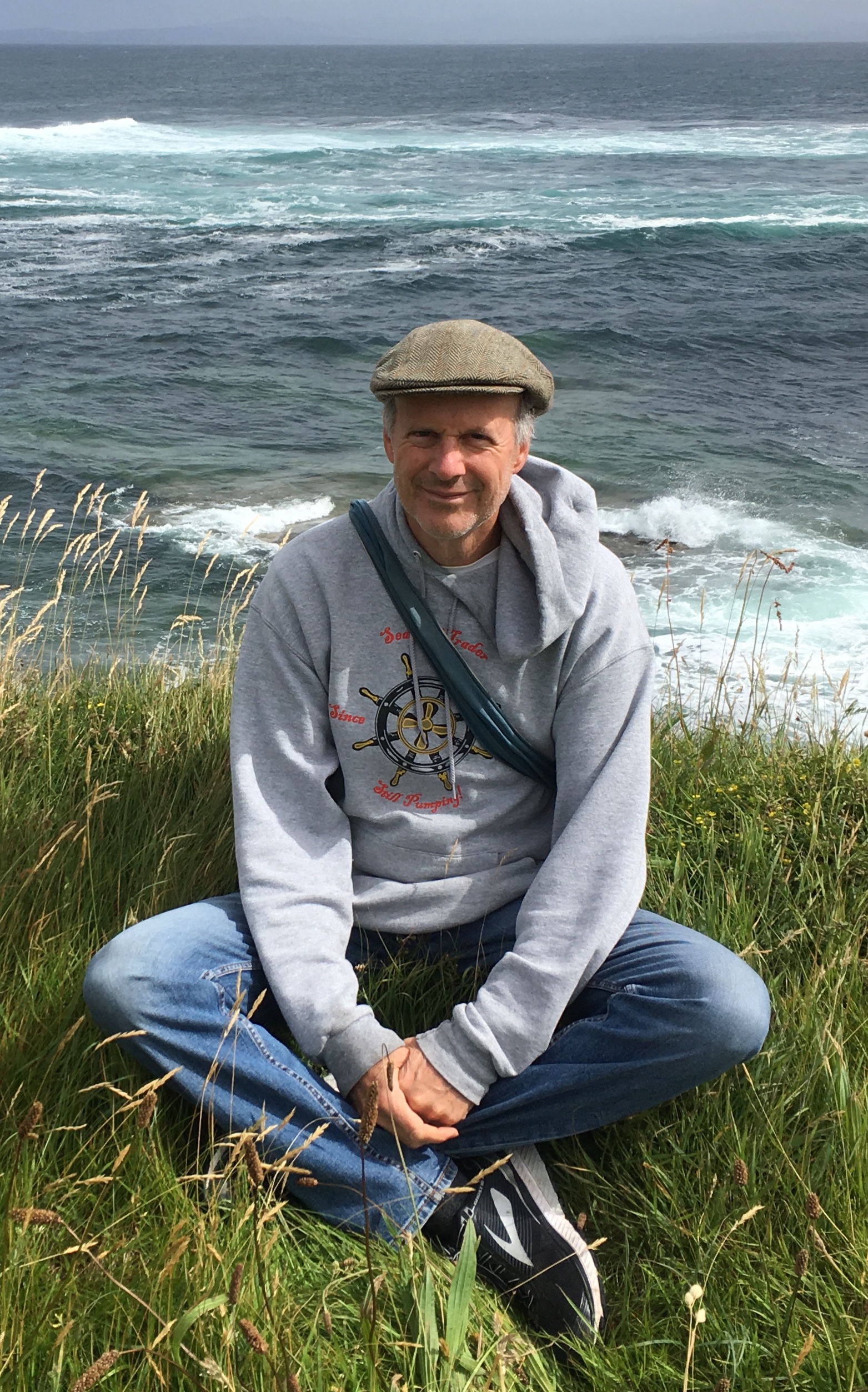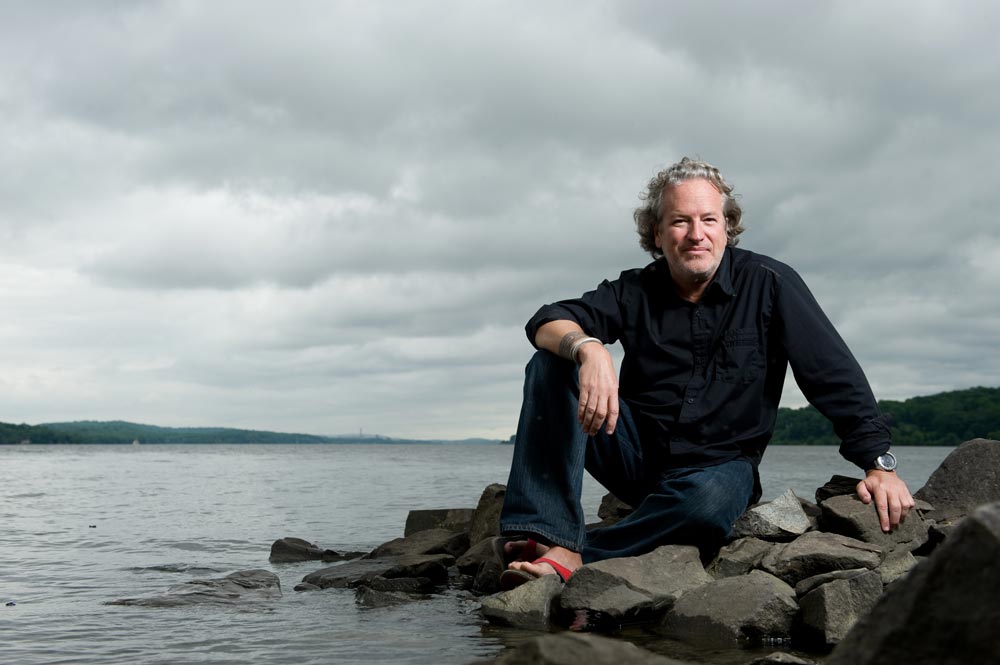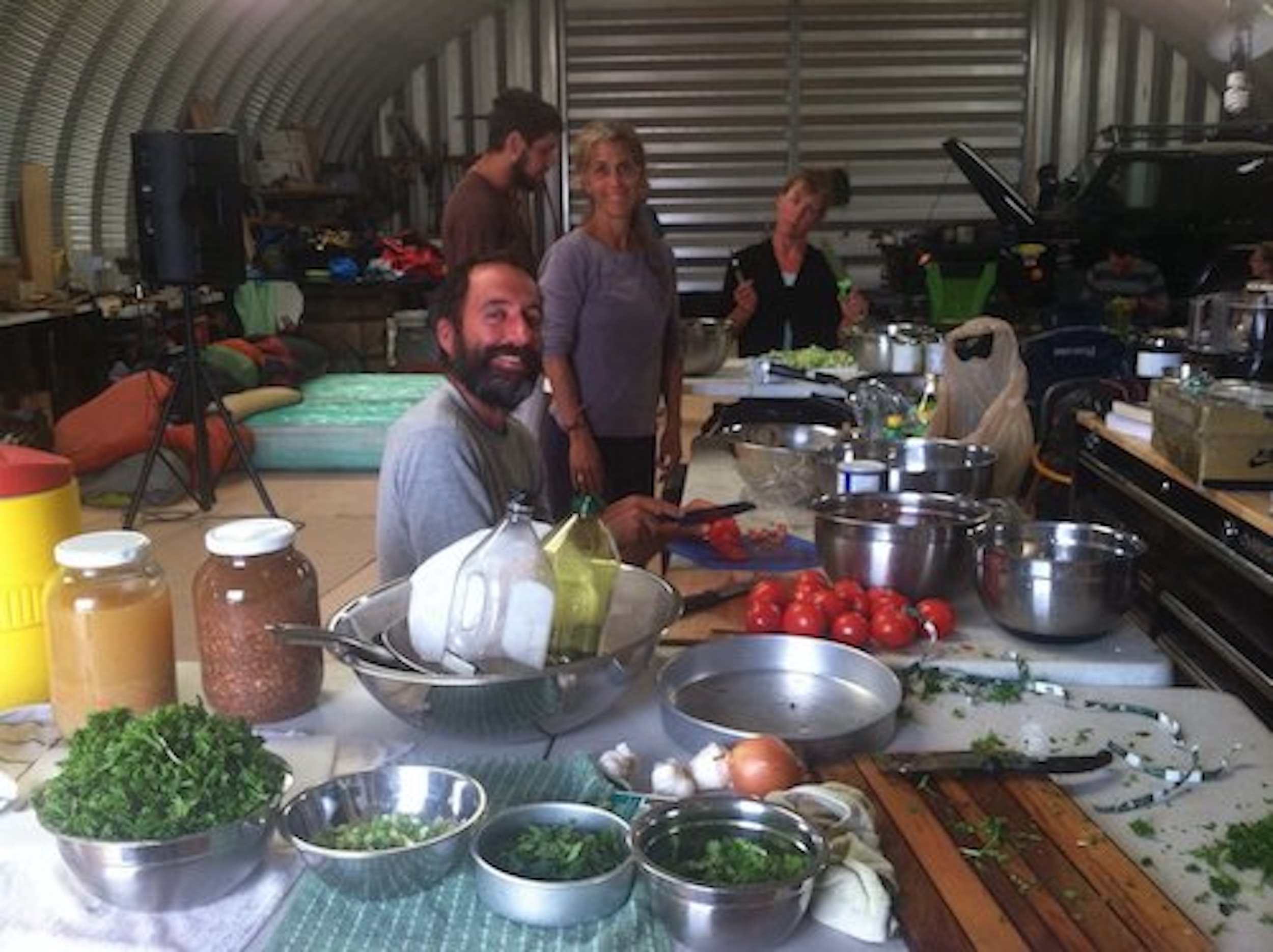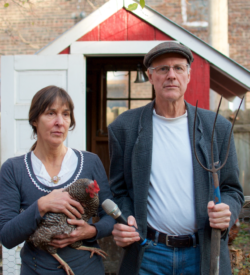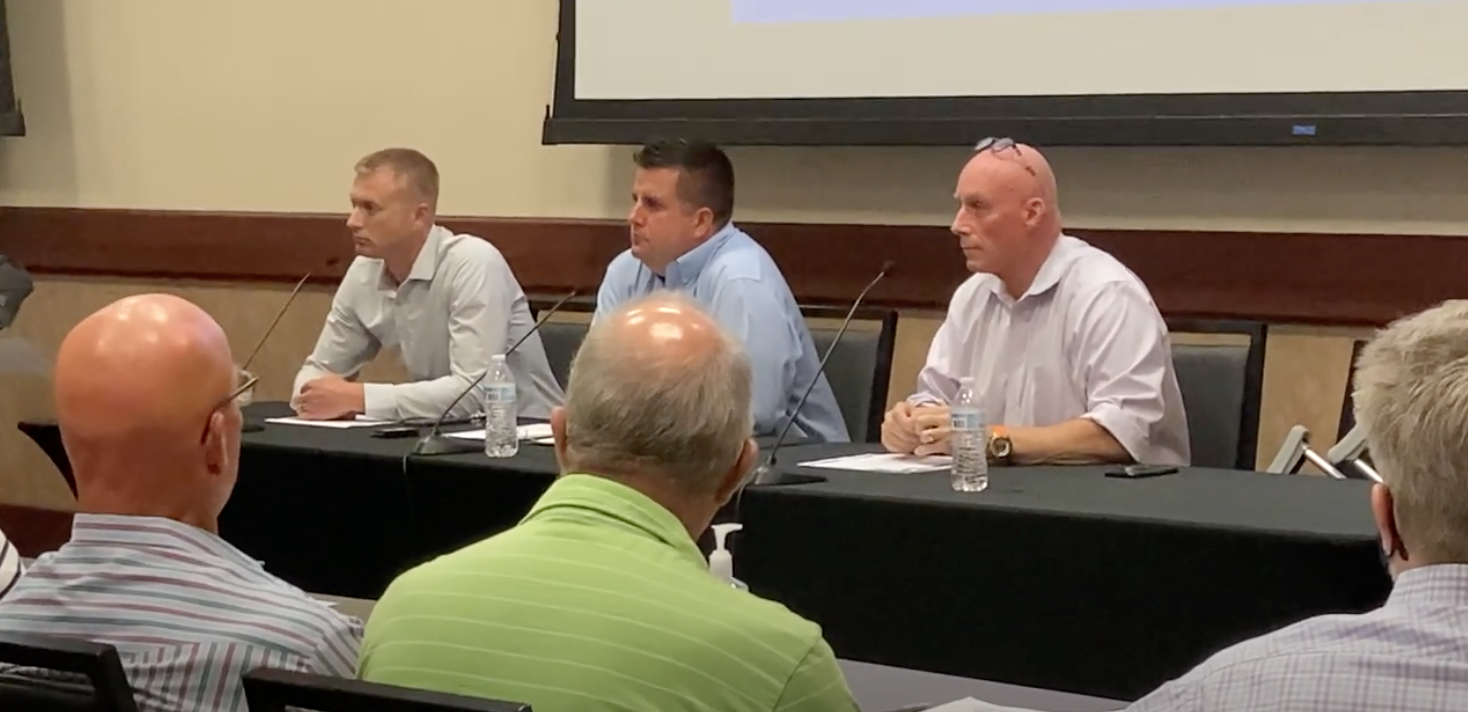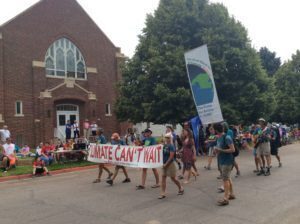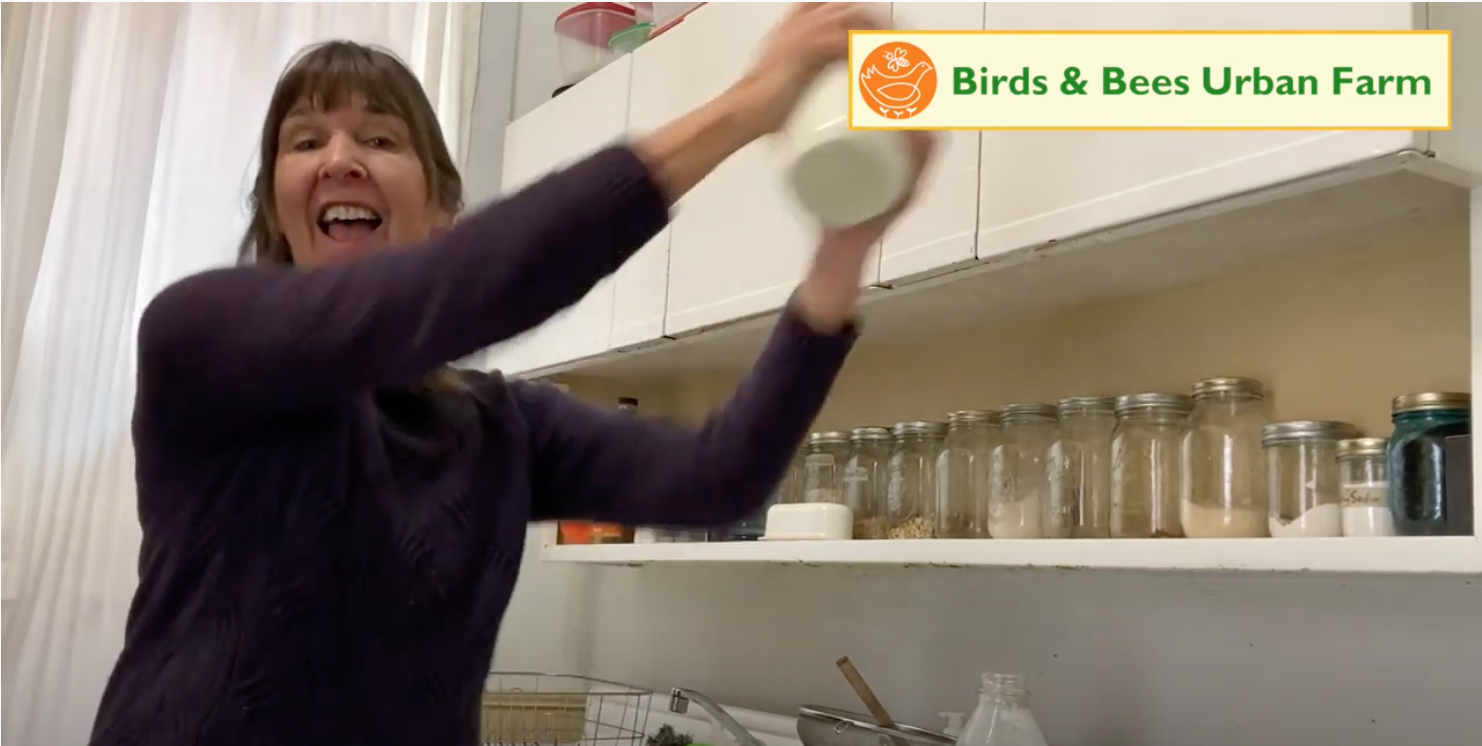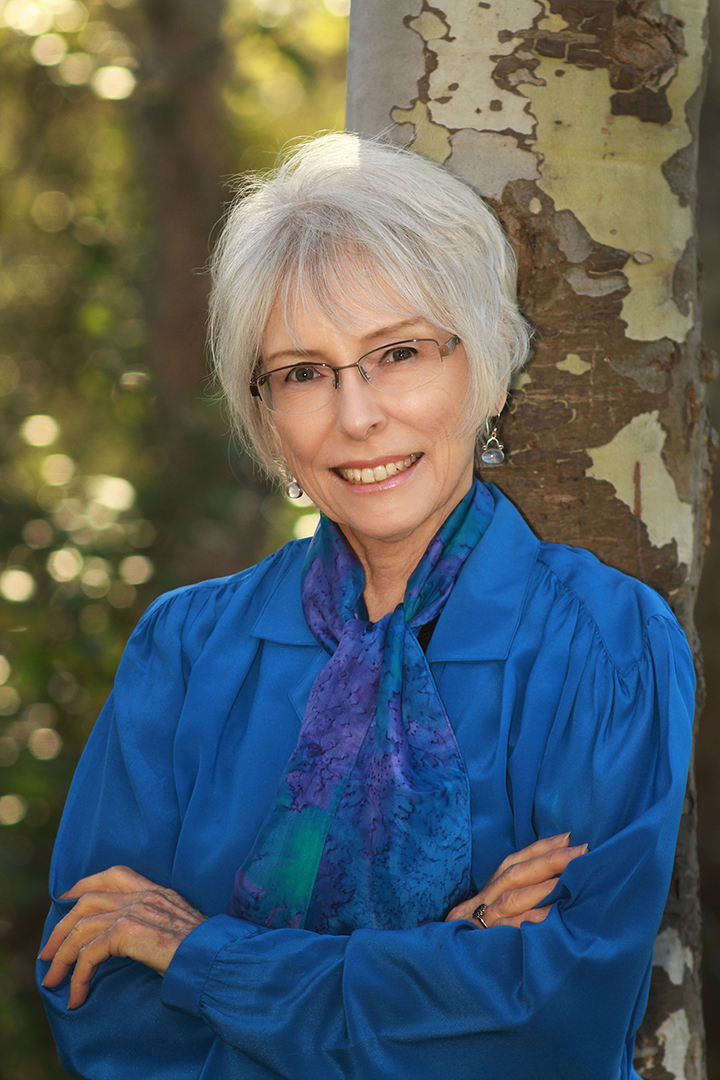
Carbon sequestration done right
My guest is June Sekera. She’s a public policy scholar and researcher whose most recent work focuses on carbon sequestration, including the discovery that subsidies for “mechanical” carbon removal emit more CO2 than they remove.
If you follow my blog, talk show, and podcast, you’re no doubt aware that CO2 pipelines are in the “wrong” category of carbon sequestration. As June points out, “such projects claim they will reduce CO2 emissions by 90 percent when in reality they capture as little as seven percent. In many cases, they actually increase CO2 emissions because of the extra energy required to power the machinery that captures and compresses the CO2. In addition, most of the CO2 currently captured is used for enhanced oil recovery, thereby defeating the purpose.”
The truth is there’s not a high-tech carbon-capture scheme that works, including the “Orca” direct-air carbon-capture plant in Iceland. That costly initiative — much heralded by businesses and governments — is prohibitively expensive, could take decades to operate at scale, and ironically was delayed due to poor weather conditions.
Oh, and the world would need eight million “Orcas” to accomplish the necessary CO2 removal! Continue Reading →

